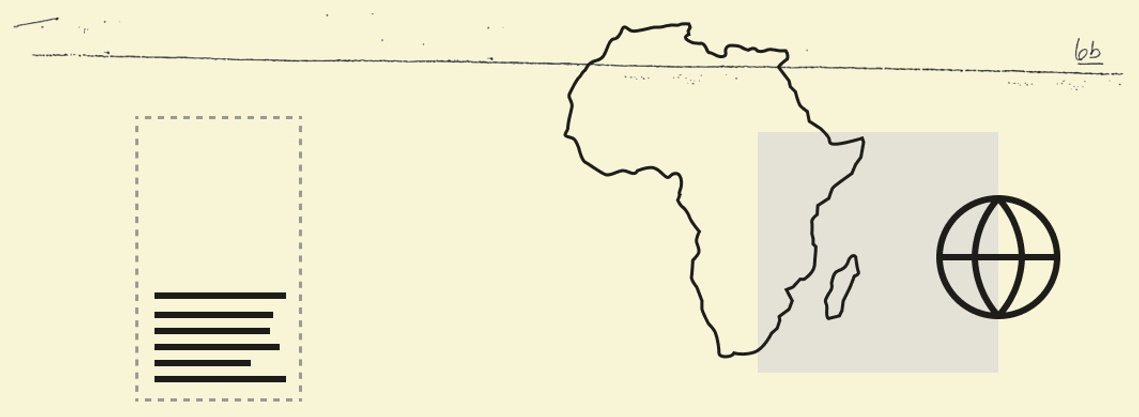 Business & Macro🇳🇬 The Nigerian unit of British consumer goods company Unilever reported a $21.7 million profit for 2025, more than double the profit of the previous year. 🇿🇼 Remittances into Zimbabwe rose 14% year-on-year to $2.45 billion in 2025. The UK and South Africa were the top sources of inflows. Climate & Energy🇧🇫 Mark Cables, a power company based in Dubai, completed a 200 megawatt thermal power plant in Burkina Faso, at a cost of $213 million in just six months. 🇰🇪 Kenya’s electricity company KETRACO will spend $116 million to build a new substation and extend an existing one in the coastal region. Geopolitics & Policy🇨🇮 Côte d’Ivoire’s President Alassane Ouattara appointed his brother Tene Birahima Ouattara to a newly created vice prime minister position that he will hold alongside his current role as defense minister. 🇲🇱 Mali’s government announced a plan to impose fuel rationing in response to severe shortages sparked by a blockade by groups linked to the terror group al-Qaida. Tech & Deals🇰🇪 Kenya’s competition regulator approved KCB Group’s $15 million acquisition of a 75% stake in digital financial services provider Riverbank. 🇳🇬 Nigerian fintech company Flutterwave launched a stablecoin feature for users to transact in the USDC and USDT cryptocurrencies, through a partnership with US company Turnkey. |